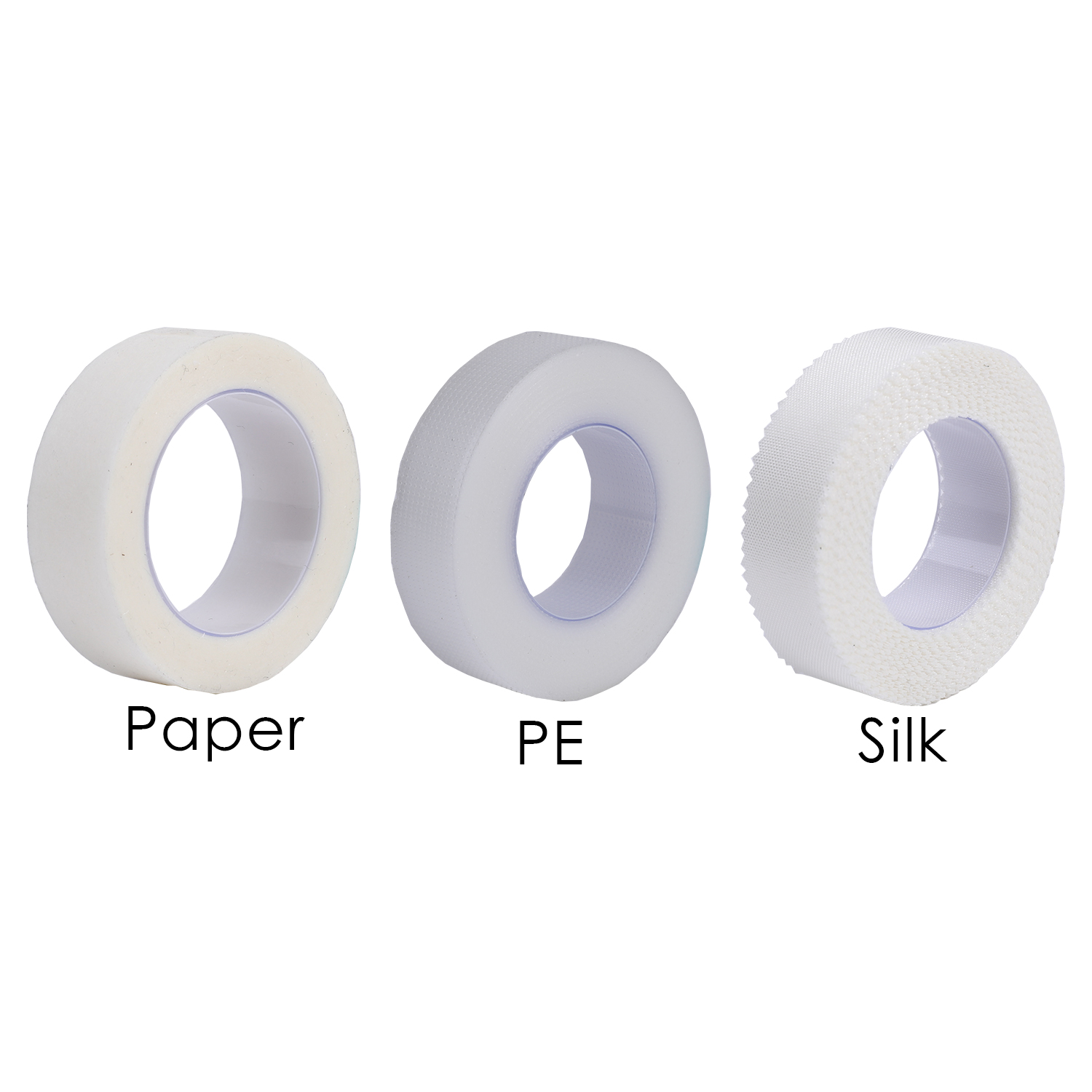After intensive research, scientists have discovered a new treatment for diabetic wound healing. This innovative research focuses on exosomal miR-4645-5p released by bone marrow mesenchymal stem cells (BMSCs) cultured in a hypoxic environment, which can effectively promote the autophagy of keratinocytes, thereby significantly accelerating wound healing. Healing speed.
Wounds of diabetic patients are often difficult to heal and can easily lead to various complications, seriously affecting their quality of life. Traditional treatments often face challenges such as low cell survival and immune rejection. The emergence of this research brings new hope for the treatment of diabetic wounds.
In this study, the research team built on research in the field of burns and trauma to explore a faster and more efficient way to treat diabetic wounds than ever before. They focused on specialized particles called exosomes released by stem cells cultured under low-oxygen conditions. These exosomes are rich in a molecule called miR-4645-5p, which shows strong potential in promoting wound healing.
Research further reveals the important role of hypoxic bone marrow mesenchymal stem cell (BMSCs) exosomes in diabetic wound healing. They found that miR-4645-5p in these exosomes can target the MAPKAPK2 pathway, thereby regulating the AKT-mTORC1 signaling cascade and promoting autophagy in keratinocytes. This discovery provides new insights into the mechanisms of diabetic wound healing.
Through further experimental verification, the research team found that exosomes derived from hypoxic bone marrow stromal cells rich in miR-4645-5p can significantly accelerate the healing rate of diabetic wounds. This discovery opens up new avenues in the field of regenerative medicine and offers a promising way to improve diabetic wound care.
Lead researcher Dr. Yan Shi said: "Our research brings a whole new perspective to diabetic wound care. By harnessing the power of stem cell-derived exosomes, especially under low-oxygen conditions, we saw significant improvements in the wound healing process. This discovery opens the door to potentially life-saving treatments."
This innovative research not only provides a new strategy for diabetic wound treatment but also brings important enlightenment to the development of the field of regenerative medicine. With the continuous advancement of science and technology, we have reason to believe that future diabetic wound treatment will be more efficient and safer, bringing patients a better quality of life. Rewritten version:
This study not only reveals in depth the mystery of how stem cells promote wound healing but also points out new directions for innovative treatments for diabetic wounds and other potential diseases. Using exosomes to precisely regulate the healing ability of stem cells will undoubtedly bring more precise targeted treatment options to patients, thereby greatly reducing the pain and burden of diabetic wound patients around the world.
On the basis of this research result, the medical field is expected to further broaden its horizons in the future, develop more efficient cell therapy technology, and spread the light of hope into the hearts of more people shrouded in the haze of disease. By continuously exploring the potential of stem cells and combining the regulatory effects of exosomes, we have reason to believe that the treatment of wound healing and related diseases will usher in a revolutionary breakthrough.

 English
English عربى
عربى Español
Español русский
русский 中文简体
中文简体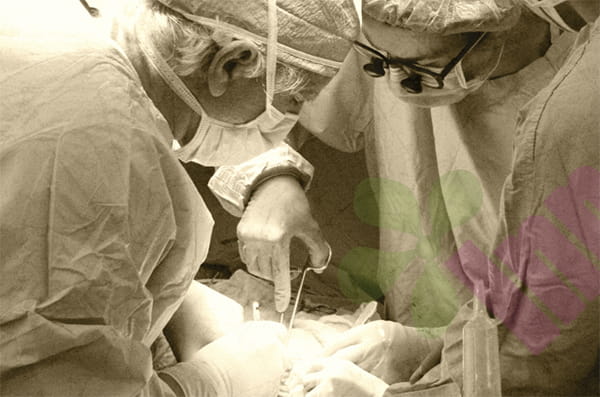

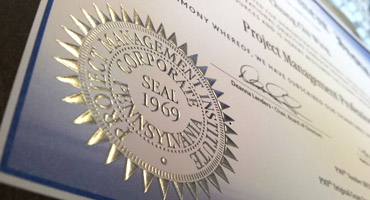




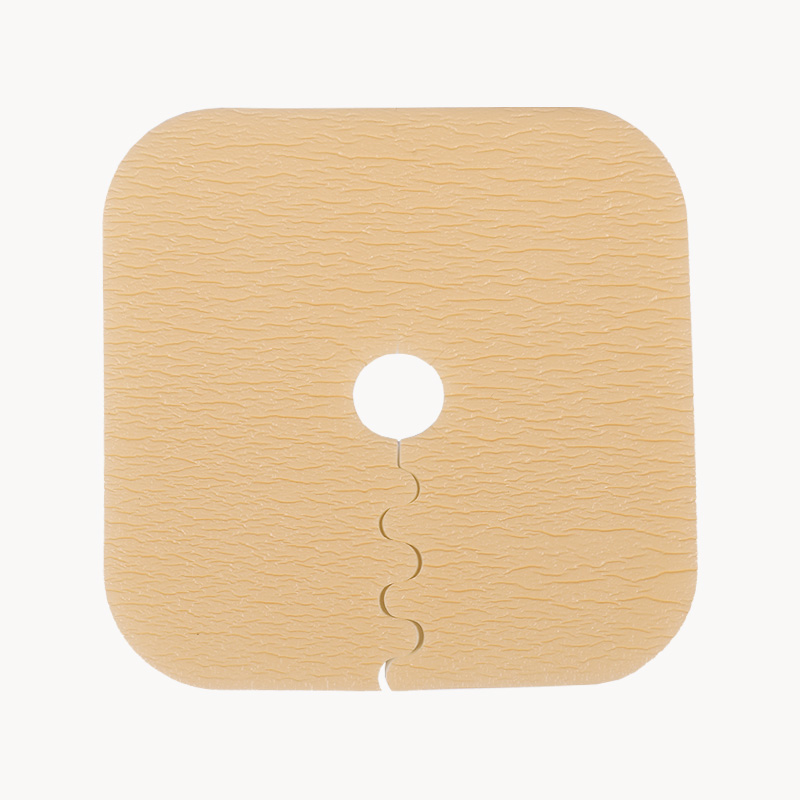
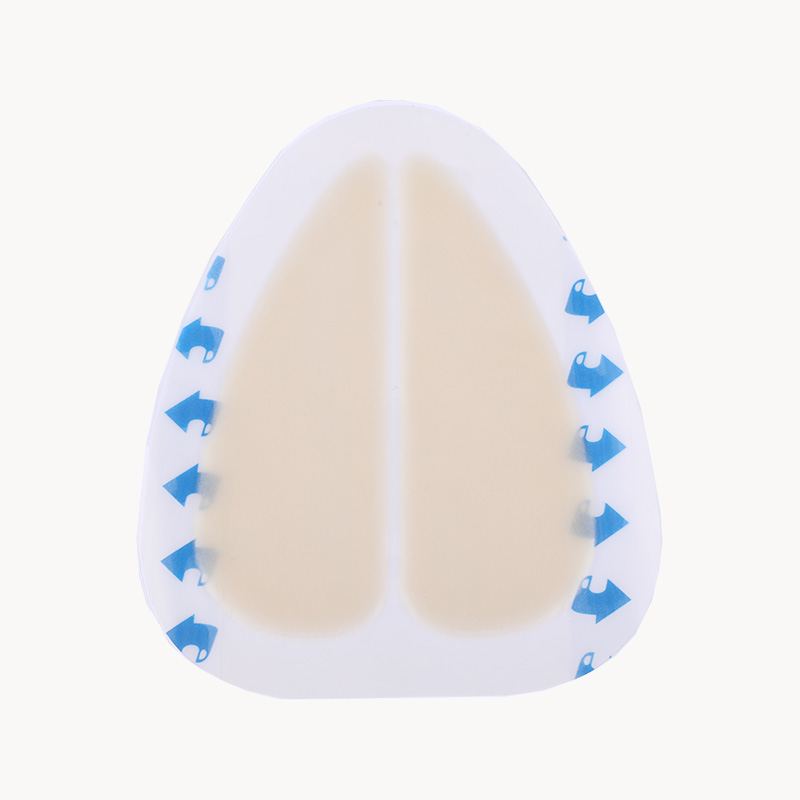
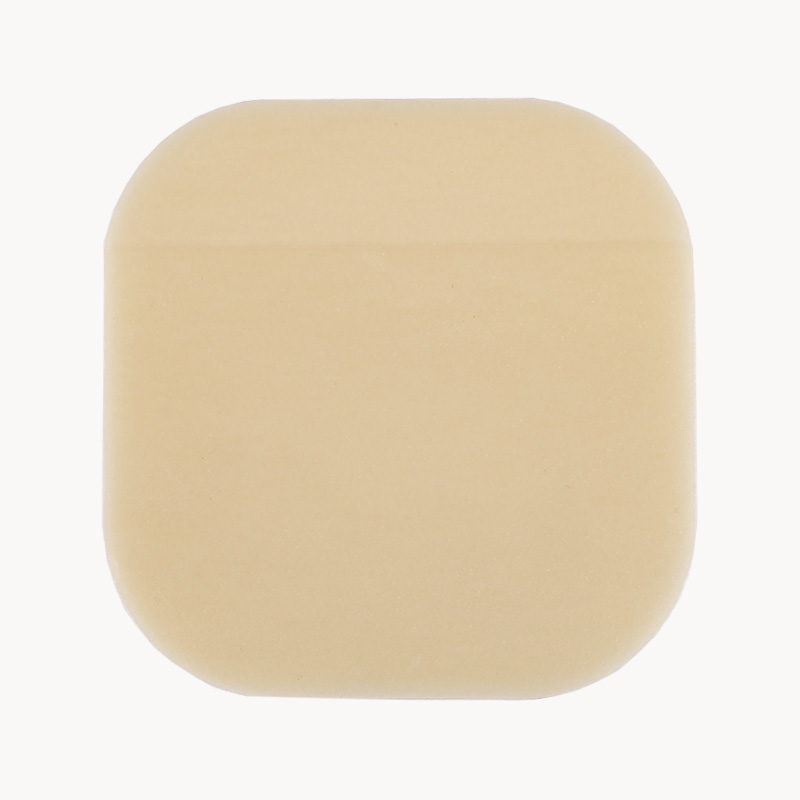
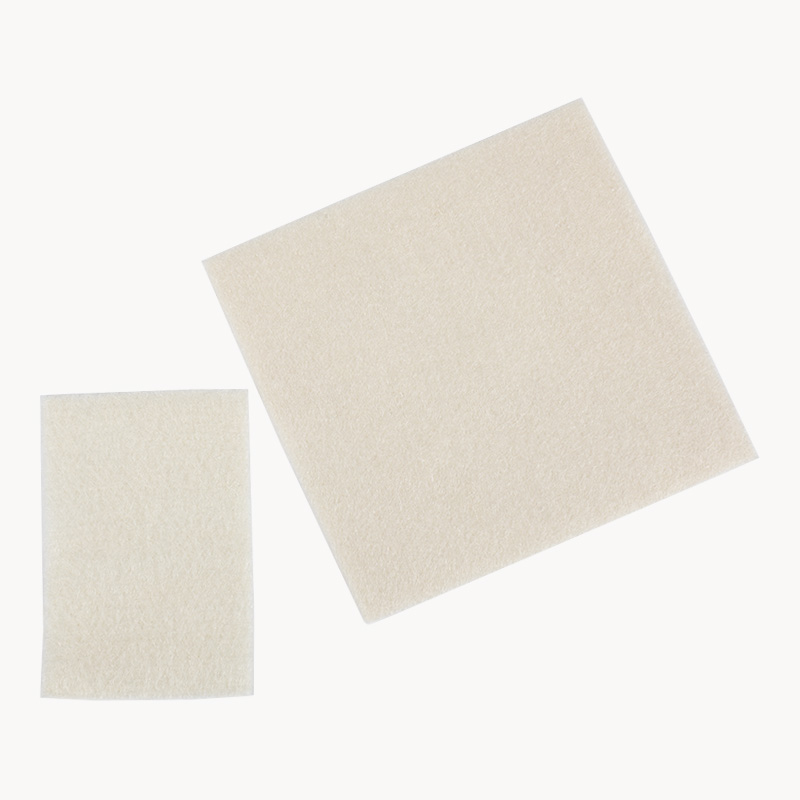
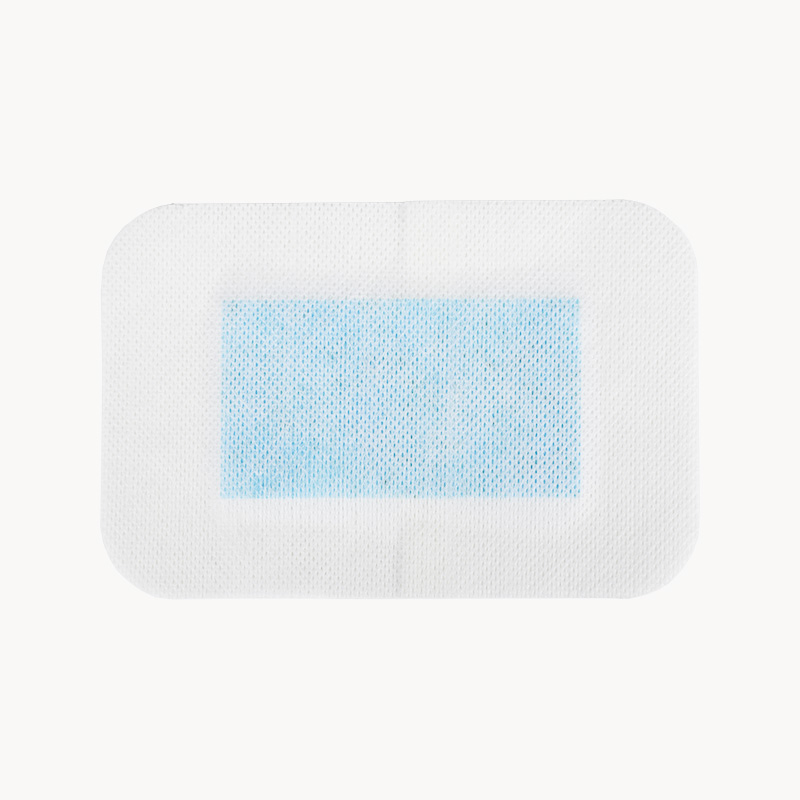
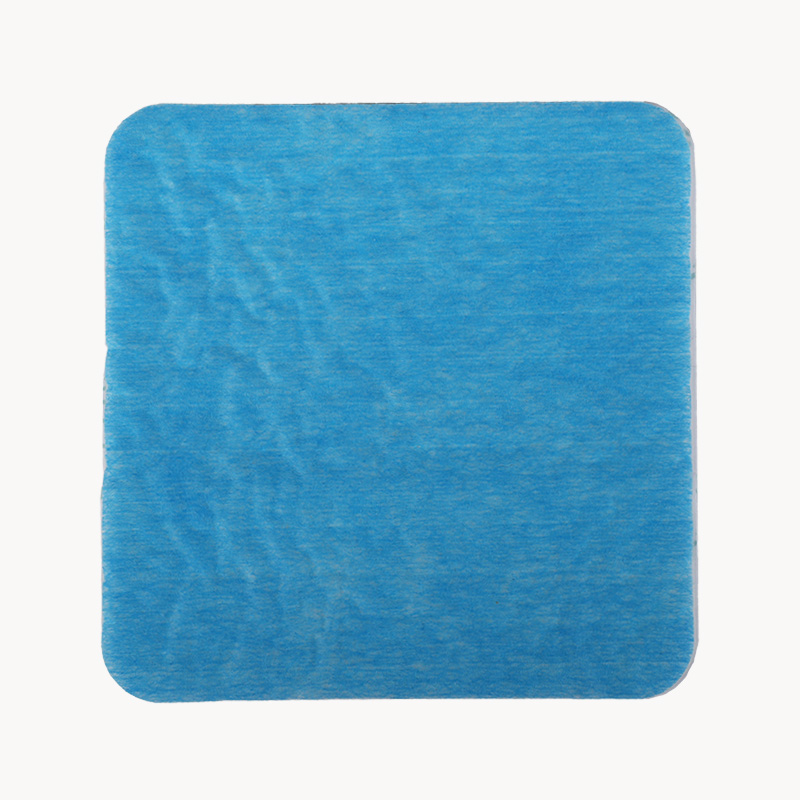
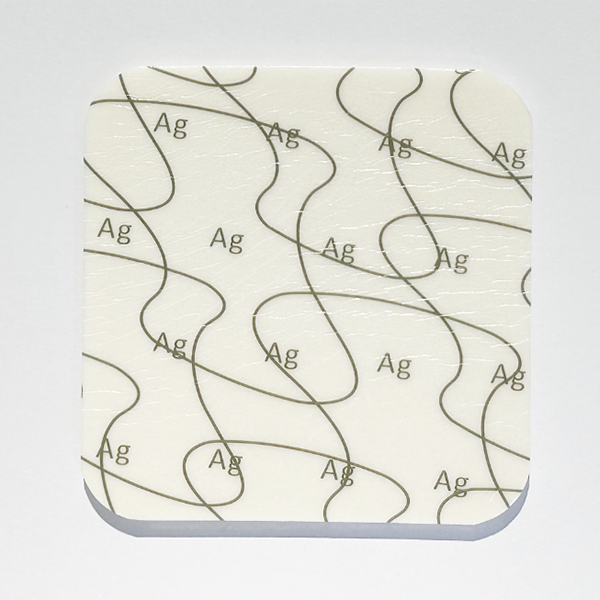

.jpg.png)
.jpg.png)
